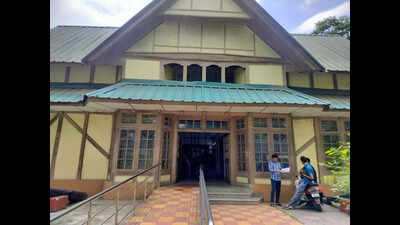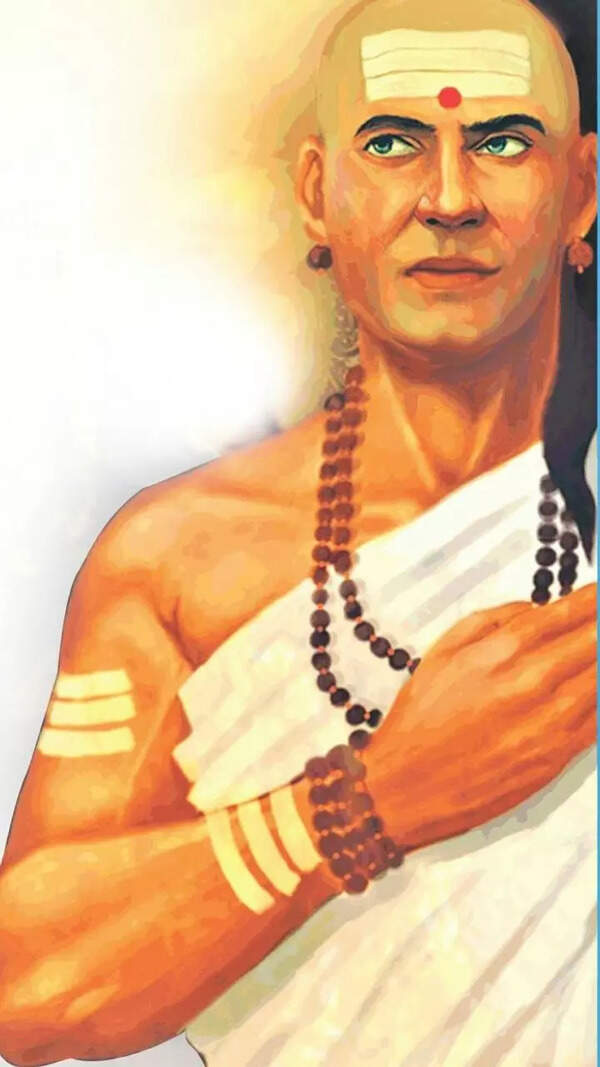- News
- City News
- guwahati News
- Library thrives, surroundings languish in neglect
Trending
Library thrives, surroundings languish in neglect
Guwahati: The Karmabir Nabin Chandra Bordoloi Library stands as a centre of academic excellence and literary tradition, despite its exterior suffering from municipal negligence.
Daily, the library welcomes 70-80 visitors, including students, researchers, civil service candidates and senior citizens, who utilise its extensive book collection and peaceful study atmosphere. While the staff and patrons maintain the interior well, the external premises face challenges with accumulating dry leaves and plastic waste. "Earlier, we used to burn the garbage but since it was causing air pollution and we were getting complaints, since then we have have been collecting the waste in a spot for the GMC to pick up, but no one ever comes," said Hiren Kalita, the assistant librarian.
According to Kalita, the accumulated waste creates an unpleasant odour, particularly during pre-monsoon rains. "The readers who come often find it uncomfortable and distracting due to the smell," Kalita said.
A regular visitor and postgraduate student, Arup Das, said, "The library is a very important space but the approach to the space is very disheartening, I have to walk through the heap of trash just to read in peace," he said.
Established in 1900 AD, the building, previously called Lord Curzon Hall, has been witness to numerous historical events. It played a significant role during India's independence movement, where Karmabir Nabin Chandra Bordoloi encouraged Cotton College students to participate in the freedom struggle led by Mahatma Gandhi.
End of Article
Follow Us On Social Media











